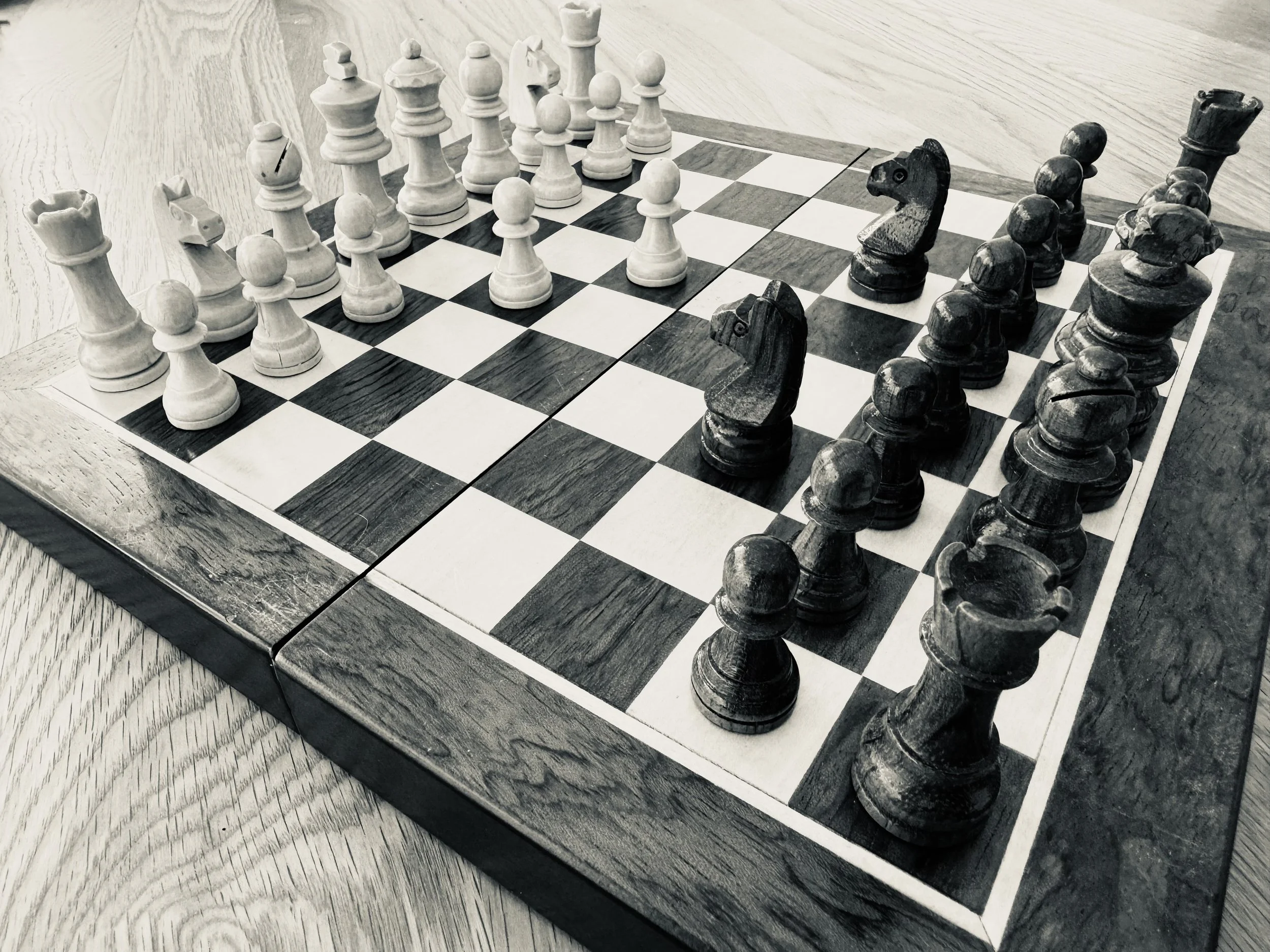Another common question we get asked by beginners is, “when will I be allowed to start sparring”?
It’s always exciting when new students express an immediate desire to test themselves right from the get go and some will talk at length of their favourite fighters and long held ambitions to compete.
Nothing beats a beginner’s enthusiasm and while we encourage everyone to try sparring and competition at some point in their martial arts journey I like to quickly remind them they didn’t learn to drive in a formula one car!
All skills, whether steering a car or playing guitar are usually best learnt at a slower pace and in the case of mixed martial arts training, lower resistance.
Training should gradually introduce a student to fundamental concepts, positions and movements before pressure testing them with “live” sparring.
Once we enter the sparring realm we can modify the speed, intensity and goals of resistance in numerous ways to maximise student progression while minimising the potential risk of injury.
At SBG Australia we have a tried and true system for safely guiding new students into full resistance training in our BJJ, Striking and MMA programs.
So if you’re looking to finally get off the couch and start your martial arts journey rest assured our number one goal is to create the safest training environment possible to keep you healthy and happy while you chase your goals.
See you on the mats 💪🦍🇦🇺
Ben Power
Head Coach
SBG Australia 🇦🇺

